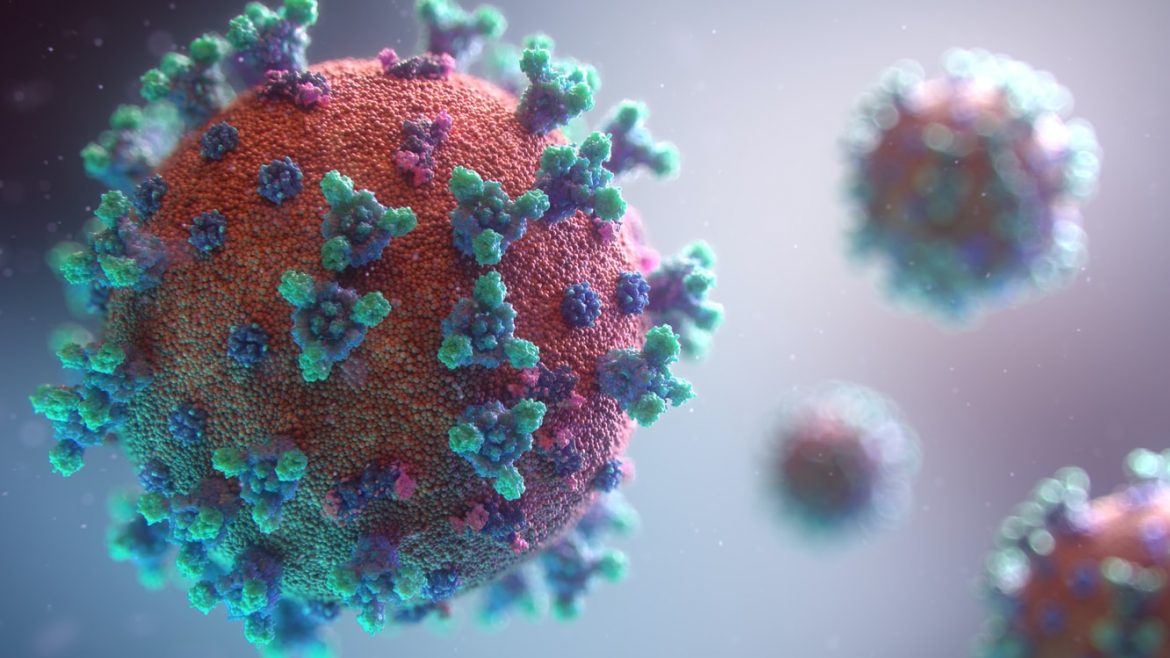It’s not new that animal immune systems can produce antibodies that can bind to specific antigens for manufacturing probes to detect molecules. Antibody production has been a topic of great interest for numerous studies and diagnostic applications. That’s mainly because no other technology can produce such specific tools for molecular recognition.
As such, antibody technology is used by almost all medical and cell biology researchers, regardless of the type of molecular analysis that they’re doing. However, the antibody production processes and services might differ, which is something you can learn all about here.
We will cover the fundamental concepts relating to custom antibody production and the different custom antibody production services, so you’ll know everything about antibody production after reading this article.
About custom antibody production
First things first, what are antibodies?
Antibodies are unique molecules our adaptive immune systems produce when pathogens invade our bodies. In other words, antibodies are a specific type of protein that helps the body to fight and ward off the disease.
However, to fully understand antibodies, we must introduce antigens as well.
An antigen is a collective name for bacteria, viruses, or other offending molecules. Therefore, the primary purpose of antibodies is to combat these antigens with specific properties and the key recognition for the antigen.
Since antibodies are proteins, or in other words, folded polypeptides or amino acid strands, that have antigen recognition sites, their job is to recognize and bind to the specific antigen they’re created for. As such, B-cells produce antibodies within the adaptive immune system.
The process of antibody-antigen recognition is complex, but it has countless uses in sensor and biotechnology development. Since these applications require extremely pure sources of antibodies, the antibodies are conjugated in a way to detect antigens. In some cases, antibodies can combine with other nanoparticles or detection platforms.
Depending on how the purified antibodies are generated and harvested, they can be polyclonal or monoclonal. We’ll go through the details of their production in a little bit.
It’s important to mention that a specific antigen can require an antibody, which isn’t ready from the supplier. One can use a custom antibody production service to create antibodies in those cases. Custom antibody production processes can produce both polyclonal and monoclonal antibodies, so keep reading to find out how.
Different custom antibody production services
As mentioned above, specific antigens require custom antibody production services. Here, you can learn more about custom polyclonal and monoclonal antibody production.
Custom polyclonal antibody production
Before we jump straight into it, it’s crucial to say that polyclonal antibodies can recognize multiple sites on an antigen, also known as epitopes. These antibodies are derived from B-cell lineages.
When it comes to polyclonal antibody production, there are six crucial steps of the process:
- Peptide design;
- Peptide synthesis;
- Animal immunization;
- Serum collection;
- Titer analysis;
- Final antibody purification.
However, if a 90% pure antigen sample is available for polyclonal antibody production, it’s possible to skip the first two steps. That significantly decreases the length of the procedure, as well as the total cost.
Custom polyclonal antibodies are typically produced from animals, especially rabbits, rats, mice, guinea pigs, chickens, and goats.
Rabbits are used most of the time in custom polyclonal antibody production simply because they respond to most antigens. They quickly produce antibodies, so the average time required for production is 80 days. Although goats have the highest yield, they respond to antigens much slower. Rats and mice are used for smaller antiserum amounts. Chickens are used when rabbits don’t generate antibodies, while antibodies received from guinea pigs are used as a secondary choice.
Custom monoclonal antibody production
Moving on to monoclonal antibodies, they can recognize only one epitope found on an antigen. Monoclonal antibodies are also derived from a single B-cell line.
Custom monoclonal antibody production consists of five steps and usually takes around six months before it’s completed. The five steps are:
- Antigen preparation: First, there has to be a highly pure protein or peptide provided. Creating and producing a custom peptide is also a possibility;
- Hybridoma development immunization: Animals are immunized. After that, their serum can be tested for different possibilities regarding antibody production;
- Hybridoma development fusion: Animals that show the best immune response to the antigen are boosted again. Then, hybridoma fusion is harvested from their spleens;
- Subcloning: For the cell line to produce antibodies consistently, it must be cloned until homogeneous;
- Monoclonal production and purification: As the last step of the process, monoclonal production produces 10-30 mg of antibody from 1 liter of cell culture. It’s purified with the help of protein A or protein G resin.
Monoclonal antibody production has the outstanding benefit of preserving cell lines for future use once the hybridoma cell line is made for antibody production. This property is beneficial to everyone in the scientific and pharmaceutical industries.
Bottom line
Custom antibody production is beneficial for developing antibodies against rare or unique antigens. Both polyclonal and monoclonal antibody production services come with their advantages, so it’s crucial to select the production service that fits your needs better.


